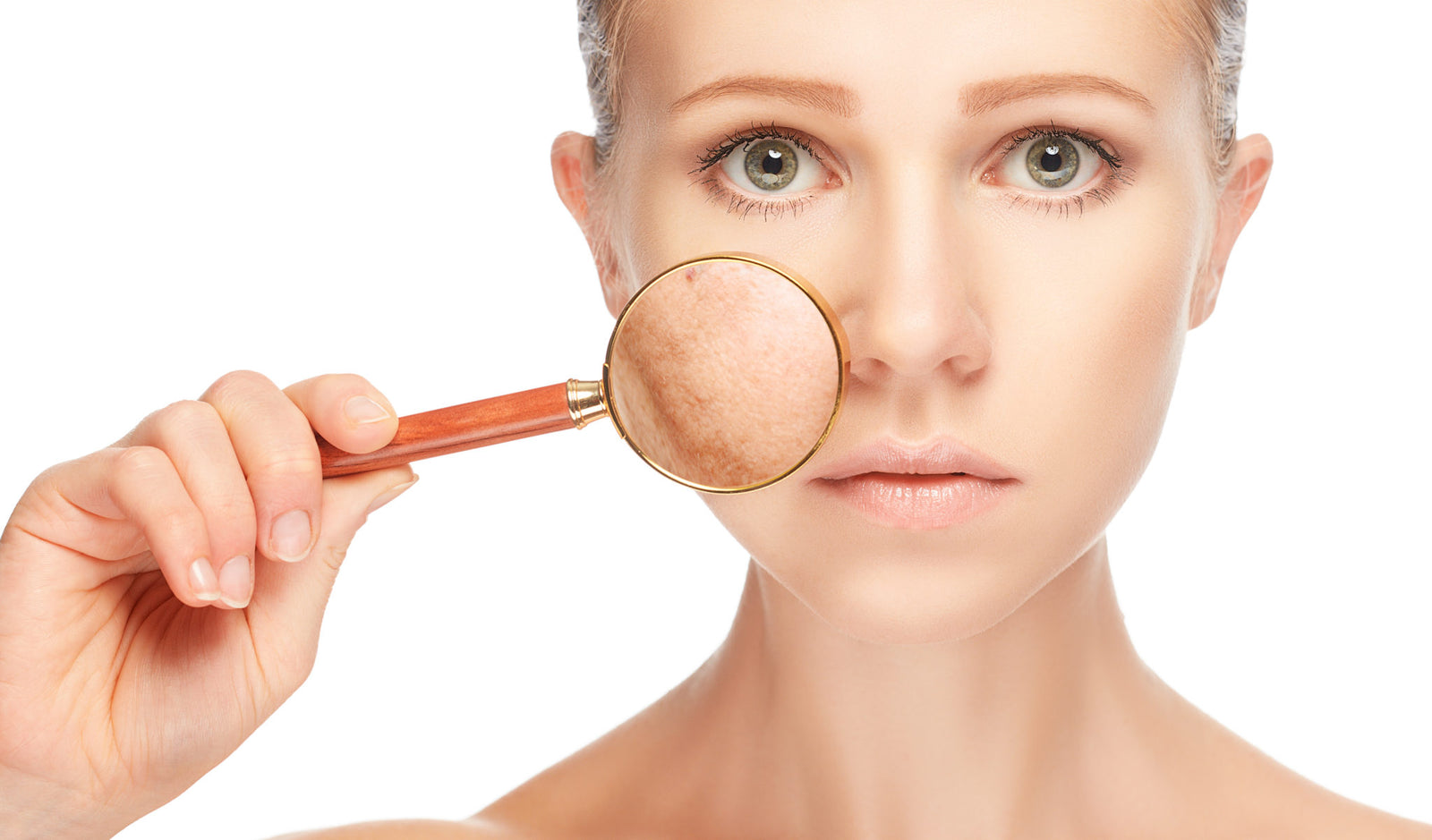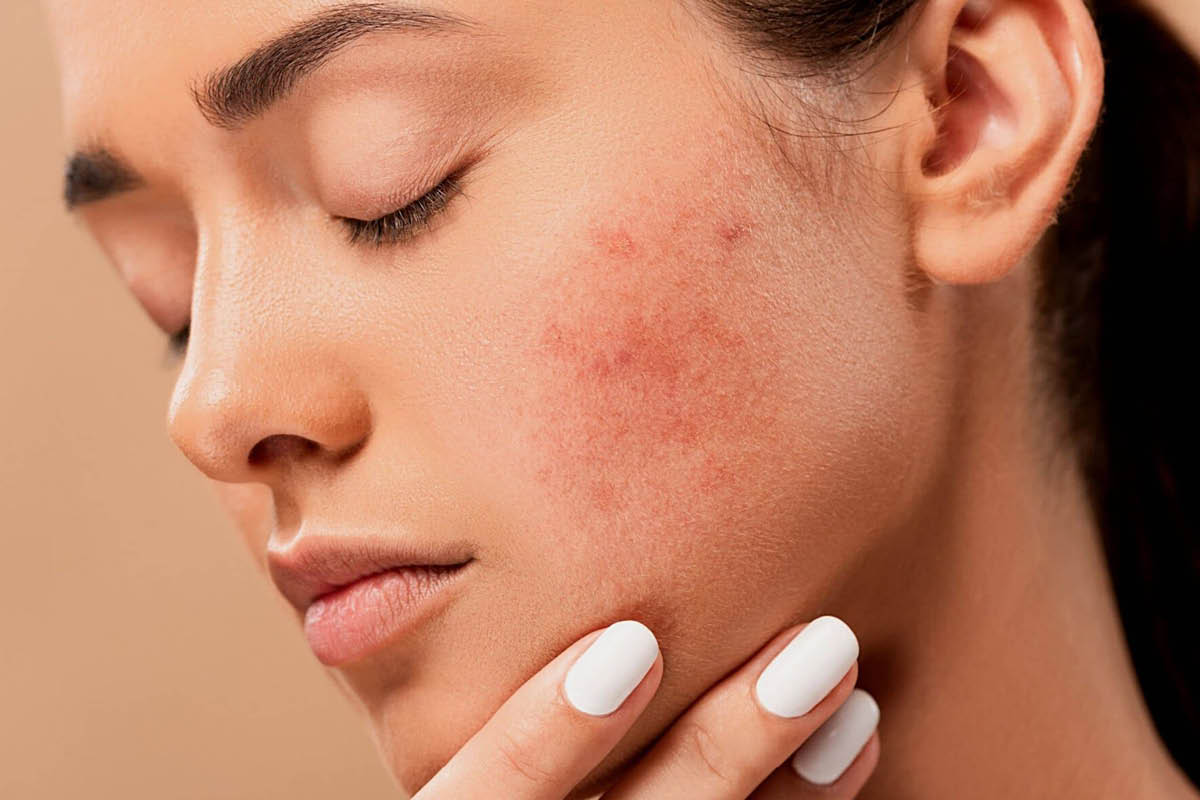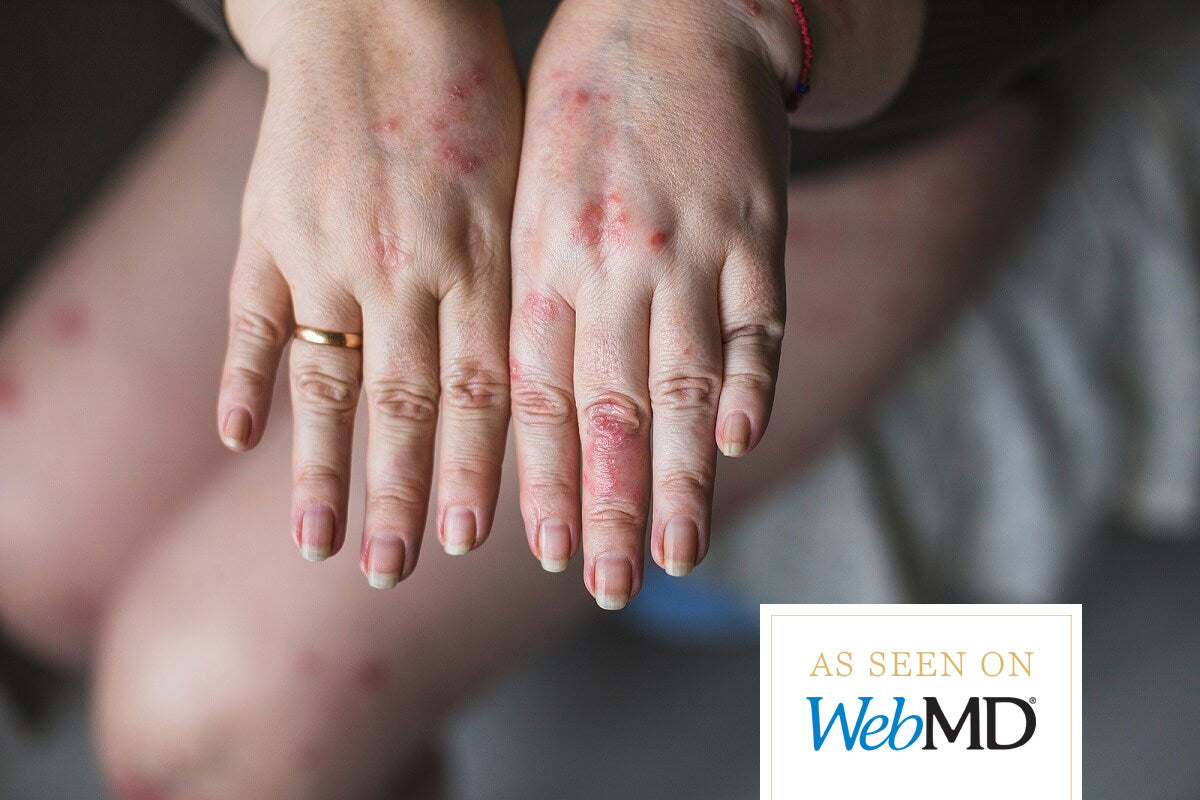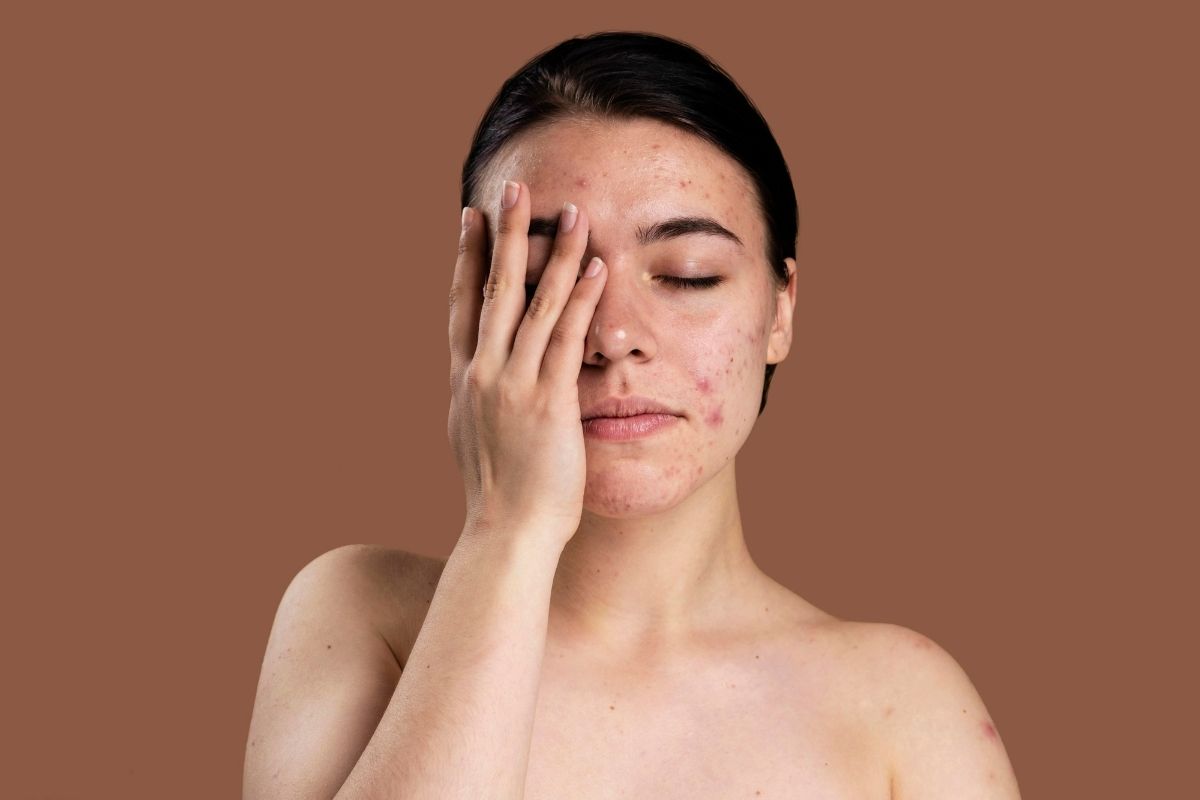It is estimated that around 50% of the population experience sensitive skin. This can include a range of symptoms and diseases.
Typically, sensitive skin is defined as skin prone to redness, itchiness, rashes, and skin diseases such as acne, eczema and psoriasis.
Food can definitely have an impact on the health of the skin. If someone has a food intolerance, IgG antibodies will be released which will increase inflammation in the body and as a result exacerbate skin conditions such as eczema and psoriasis. In addition to this, there are foods that increase inflammation in the body when metabolised. Inflammation will increase the sensitivity in the skin and make the skin appear red and irritated.
The Sensitive Skin Diet comprises of
foods to avoid (inflammatory food) and foods to include (anti-inflammatory food).
Here is a list of foods to avoid as they increase inflammation in the body:- Sugar
- Gluten
- Dairy Products
- Red Meats (technically all meats increase some level of inflammation but red meat is much worse – protein is important to be consumed regularly so choose white meats and fish)
- Greasy/Fatty Foods – this include Fast Food
- Alcohol
- Eggs
- Spicy/Hot Food
- Legumes (are believed to increase the inflammatory response in some people, such as psoriasis sufferers.
- Shellfish (for some)
- Refined/Processed Foods
- Green Leafy Vegetables
- Detoxifying Vegetables (broccoli, beetroot, spinach)
- Filtered Water
- Fish – especially oily fish
- Orange Coloured Fruits/Vegetables (due to Vitamin A) – pumpkin, carrots, sweet potatoes, tropical fruits
- Nuts – raw or activated almonds and walnuts
- Overall foods containing Zinc, Selenium, Vitamin A, E and Antioxidants
- Bone Broths
- Wholefoods
Rejuvenating the skin with natural ingredients.
Making a few changes to your diet will encourage beautiful healthy looking skin from the inside out. Topically, it is also important to care for your skin’s health. For women, minimise the amount of make up used on the skin and only use natural make up to minimise contact with nasty chemicals. Check out Healthy Skin TV here for our video on which nasty chemicals to avoid.
Salubre Cosmeceuticals' Pure Delicacy Replenishes Sensitive Skin.
Cleanse – Exfoliate – Hydrate – Nourish your skin to encourage the healthy rejuvenation of your skin cells while hydrating the hyperlipidic layer in the epidermis and encouraging a healthier skin barrier. Share with us your experiences with sensitive skin and if you found this useful, share this with your fellow social media Salubrious Beauties.
Share with us your experiences with sensitive skin and if you found this useful, share this with your fellow social media Salubrious Beauties.




